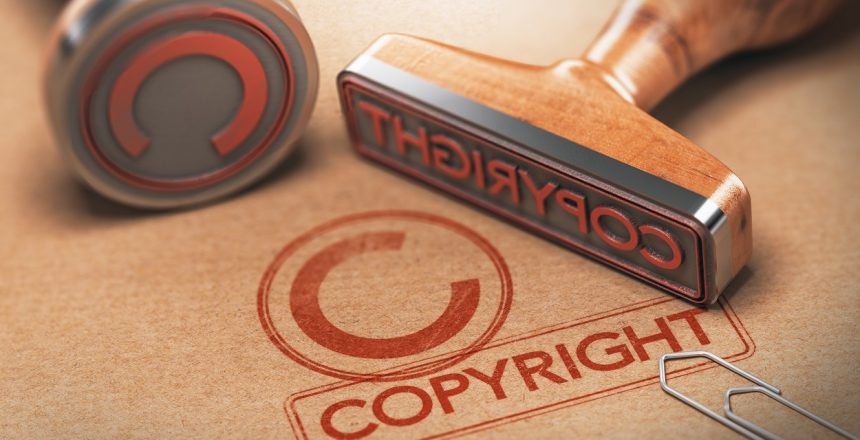What does copyright protect? How much does it protect me? What does copyright protection mean?
To understand copyright, it’s important to realize that it protects the original author of a work from being copied in a fashion that results in copyright infringement. The purpose of copyright law is to safeguard the originality of the work. So, for example, if someone creates a new poem that is based on another piece of art, they must first obtain a license from the original author before they can use the poem in a way that might infringe upon their rights.
What does copyright protection mean? It means that once you create a copy of your work, you must then obtain permission from the original author to publish the work. This is known as public domain. You can obtain this public domain rights by purchasing the original work and having it published through a bookstore or other publication. If you have created an electronic document that you want published, you will need to secure a copyright license, which is different than publishing an e-book.
How do copyrights protect the author? The best way to get published without getting sued, is to purchase a commercial publishing license. You can find many commercial publishers through your local library, or through online publishers who specialize in books.
What do I need to do in order to make sure I’m not infringing on someone else’s copyright protection? First, you will need to obtain a copyright notice form. This form requires you to indicate the name of the copyright holder and the name of the publisher or copyright holder. You also need to include your name and address, as well as the publication date, where you want to publish your book.
In addition to publishing date, you will also need to indicate the place of publication, if you want your book published in physical format or online. When you submit the form, you should also include a brief bio of yourself and your experience, including any additional information such as your contact information. or credentials, and your area of expertise.
Public domain works are generally free for anyone to use. Therefore, you are free to use them as long as you follow the proper guidelines that are set forth in your copyright notice form. If you are a professional or expert in the field you have created the work, it’s important to make sure that your use does not infringe on the rights of others.
What does copyright protection mean? It means that you own your originality and are protected by the law. When you have this legal protection, you are better able to protect your intellectual property rights.
Why do you need to use the public domain? A good example is books. If you publish a book about a topic in which there is a vast amount of information available, there is a high chance that someone will be able to take some or all of your work. The problem is that the information is often in the public domain because it was freely available to the public at large.
What does copyright protection mean if my book has been published elsewhere? The fact is that you may still be able to obtain a copyright for your own work. Even though it has already been published elsewhere, this doesn’t necessarily mean that it has been completely destroyed. By obtaining a public domain, you can regain the rights to any work you have written.
Can I use public domain works in other formats? Public domain material can be used in both written and audio form. You are permitted to write books and create audio books with public domain material, provided that you have taken care of the copyright issues.
What does copyright protect? How do I go about getting published without being sued? When you have completed a commercial publishing contract and the work has been properly published, you can then obtain permission to publish your book and get published through a reputable publishing company.



